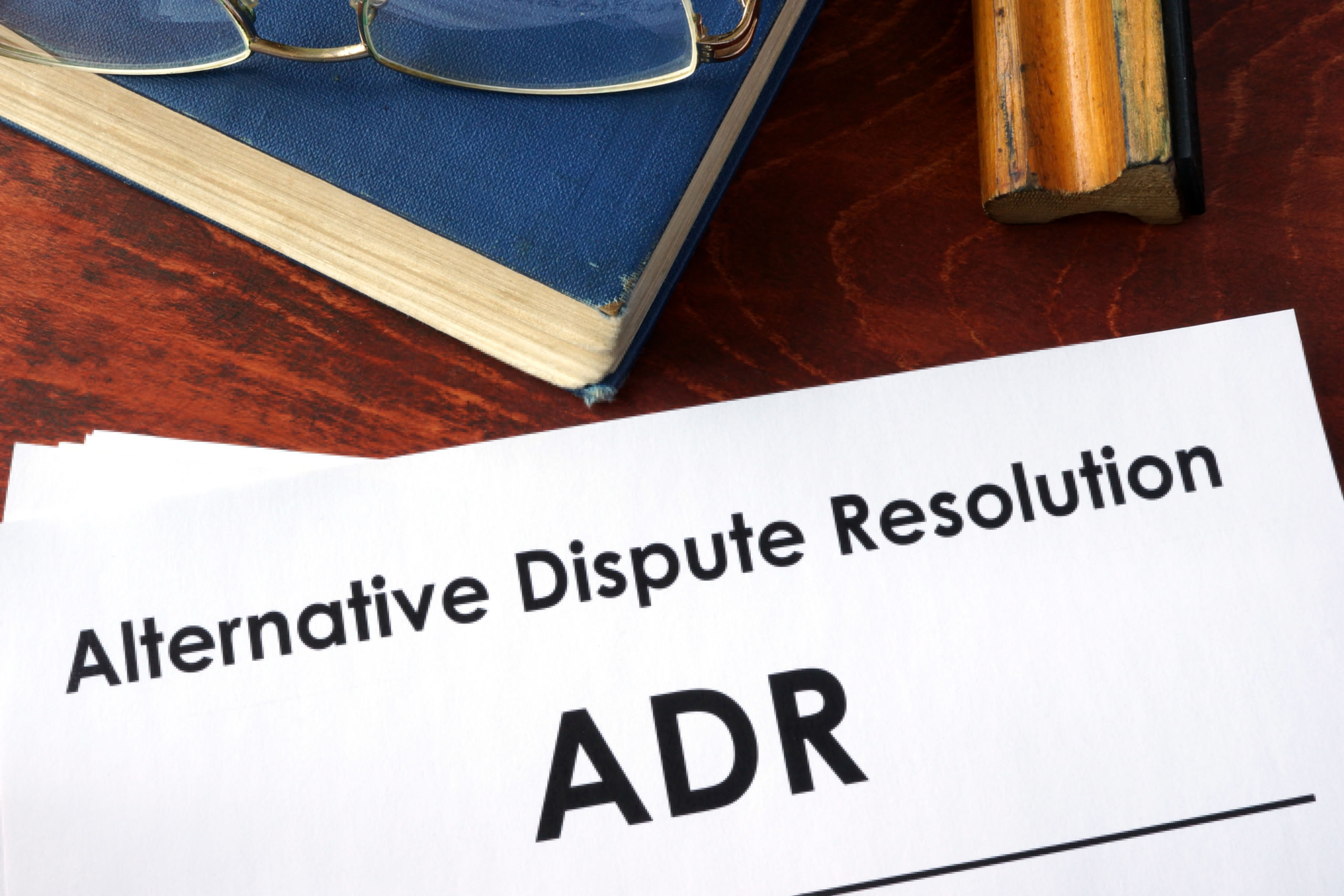By: Editorial Staff, Date: May 30th, 2022
While few will argue that the modern court systems in many developed countries are bogged down with too many cases, the rush to use alternative dispute resolution options also raises folks’ attention. Typically referred to as ADR, these options generally include arbitration, binding mediation, and non-binding mediation to resolve issues that otherwise would continue to plod along waiting for their day in court and a trial.
However, for many legal experts, ADR is the ideal path for solving the traffic jam and moving issues along that probably never should have gone to trial in the first place. And for India, ADR may very well be the strategy most supported moving forward, so much so that the Bar Council of India is being used as a model for current legislation to create a Mediation Council in the country as well. The highlighting of the direction came up in a valedictory session discussing the efficacy of ADR at Bennett University.

Justice MM Kumar posited to the panel and the audience that ADR was really an ideal to aim for and that there were already prime examples being used in the U.S. by major companies who bind their customers to ADR for disputes, avoiding the courtroom entirely as a result. Looking to generate grassroots support for the draft legislation, Justice Kumar asked the audience for support and letters to push the ADR proposal through to approval.
For India’s legal circles, the pressure is increasing for a better way to resolve conflicts and legal disputes versus the traditional court system. Caseload gluts continue to bog the systems down at every level, and the lack of definitive direction in response to disputes has the potential to drive people to other resolution options, including illegal or corrupting behavior. So, an efficient resolution system is becoming more and more of a critical need to maintain orderly responses to differences in the country.


